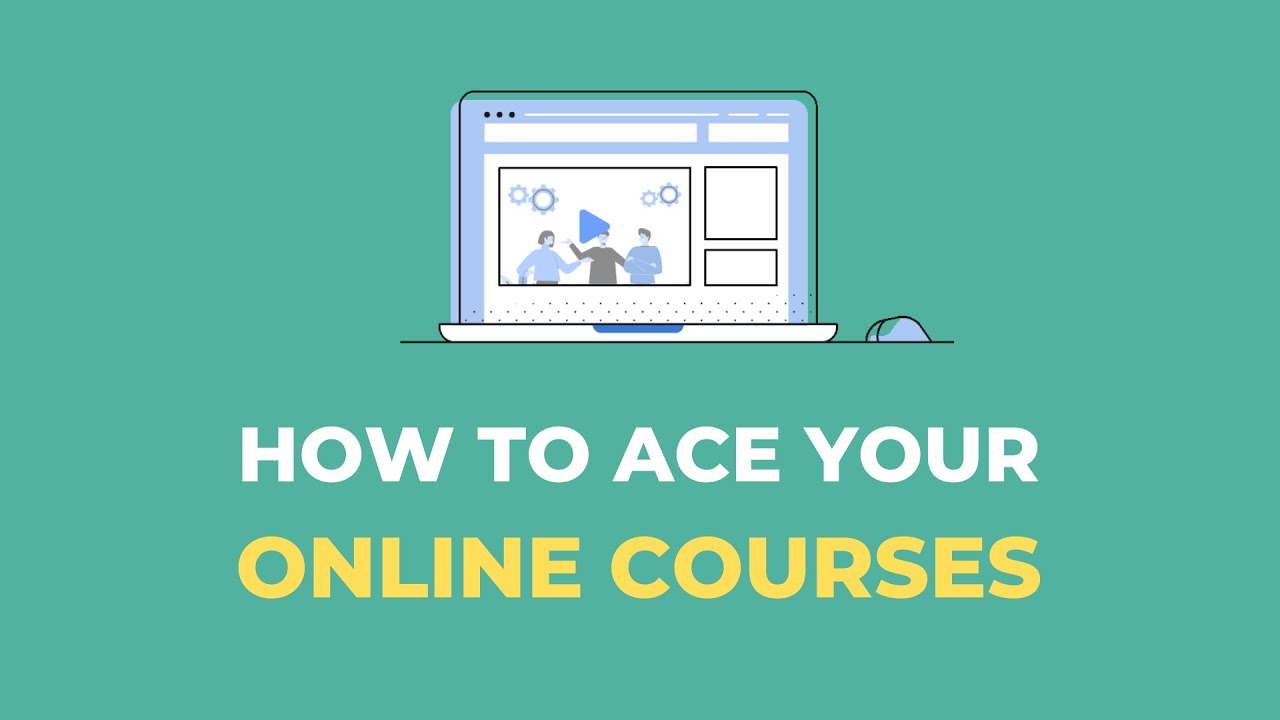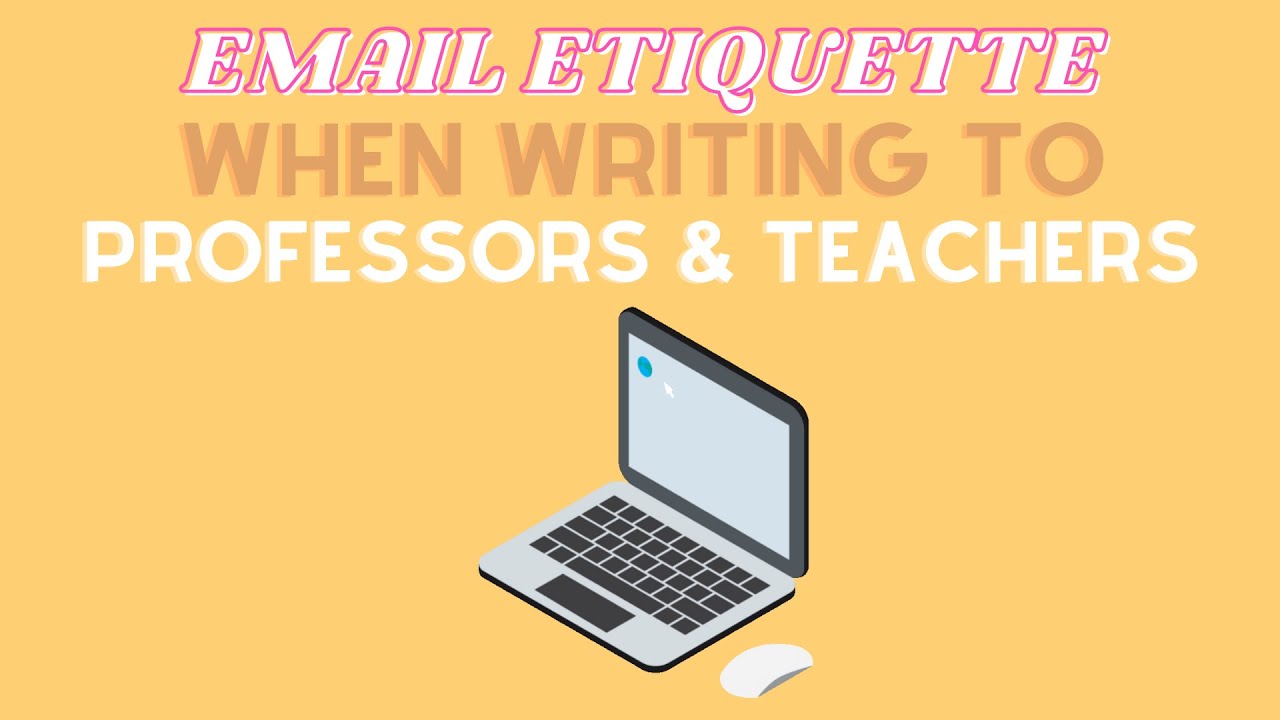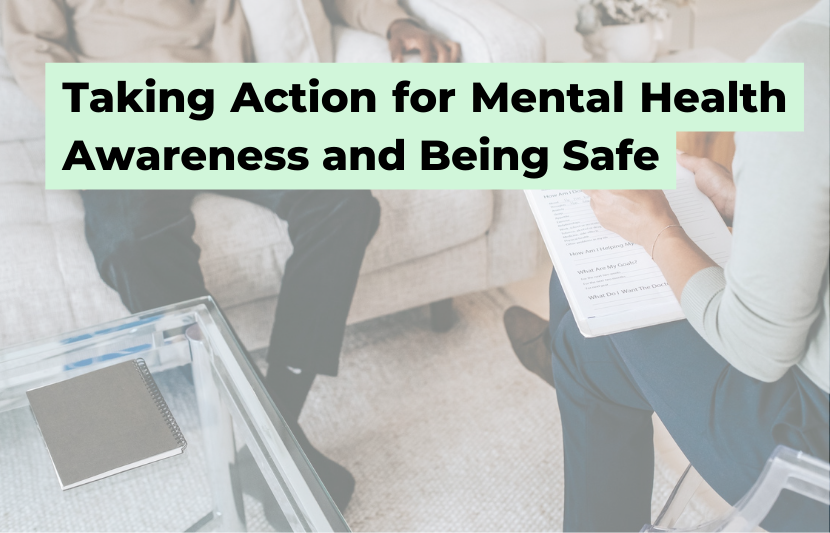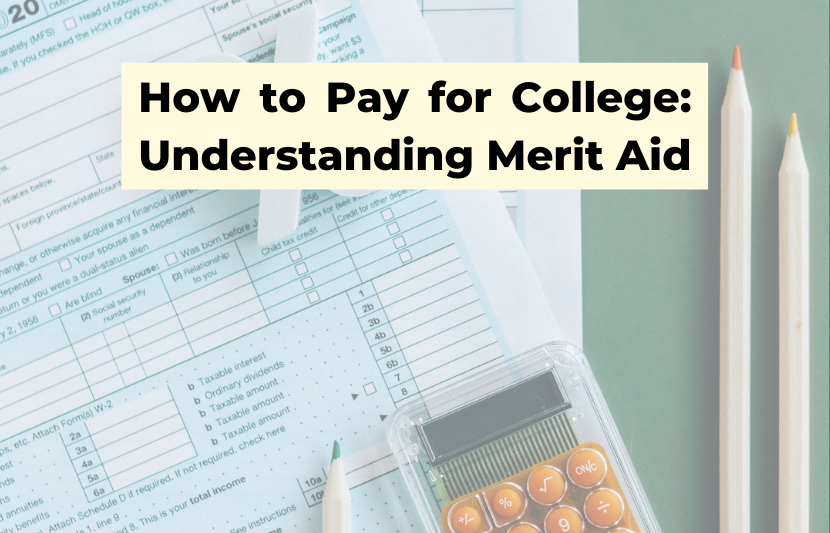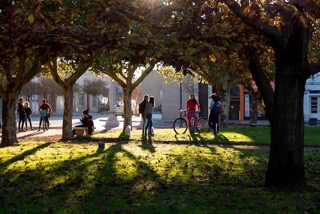In this episode of TUN TV, Dr. Crystal Rose interviews Christen Arafeh, founder of Hive College Buzz, about resume advice for high school students.
Dr. Rose: Welcome to The University Network TV where we scan the globe to give students, their families, and educators the very best tips for student success. I’m your host Dr. Crystal Rose. On today’s show, we’re featuring a series, “The College Admissions Process: The Crucial Role of a Resume,” where we’ll look at meaningful ways, not only to apply to college but to use your time most effectively. Given that applications are increasing, students are applying to more colleges, and with the rising costs of education, scholarships are becoming more essential.
For today’s conversation, we invited Christen Arafeh who supports students and their families in the college application and scholarship process. Her knowledge is not just theoretical but practical. In fact, as a high school freshman, Christen realized that in order to afford college tuition, she would need to apply for scholarships. So, she started applying at 14 and has been awarded over $900,000 scholarships since. She started a local college consulting company in New Orleans, which has now grown into an international college advising agency where she’s helped hundreds of students from all over the world collectively win over $1 million in scholarships and gain acceptance into universities of all shapes and sizes.
Christen, welcome.
Arafeh: Thank you so much for having me on today.
Dr. Rose: Absolutely. We’re talking about resumes. A lot of times when people hear of the word resume, they’re thinking, “Oh, that must be for someone who’s already graduated from college looking for a job.” How would you describe a resume for a high school student?
Arafeh: No matter who it is for, I’d say a resume is a form of document that provides an overview of personal qualifications and professional qualifications. So, that includes their work experience if there is any, skills, their education, any notable awards or accomplishments. And don’t forget about community service as well.
So, whether you are a job seeker or a student in an academic field, the resume – once you have a great foundation one – just continues to follow you from education through the job search process.
Dr. Rose: Wow, that’s great information. Now, high school is such a busy time with more and more students applying to colleges today than in years past. How may having a resume be helpful?
Arafeh: The truth is, starting a resume while still in high school really sets the foundation of who you are and what you’re looking to accomplish. Starting with the academics, it’s important to note what the GPA is or the ACT and SAT scores. It’s good to have all your honors classes and AP classes, if there are any dual enrollment courses to be mentioned.
From there, if you’ve gotten any awards or accomplishments in any particular class course, that’s important to note, as well. From there also, the extracurriculars and whether that’s sports or if it’s extracurriculars inside or outside of school, that matter.
It is good to showcase if there’s any job experience and whether it’s relevant to any fields that you plan to participate in in the future. If it’s not related, it still shows that you are well-rounded and it shows what you spend your time doing. So, yes, we mention academics, any skills you have, sports, extracurriculars, community service, and your job experience.
Dr. Rose: That’s great. Basically, that resume will reflect high school students’ interests and also their activities, as well as their accomplishments. Can you share perhaps how that can be helpful for students while they’re applying to colleges?
Arafeh: College applications require letters of recommendation. I’ve recently polled a group of high school teachers who are inundated with requests for letters of recommendation, and 85 percent of those teachers polled admitted to using a template for their letters of recommendation and just changing certain information for students. The truth is, it’s hard to stand out if you’re a competitive student wanting an edge in college applications.
I feel it’s important, when you’re requesting letters of recommendation, to attach your resume as a sort of brag sheet, so to speak. That way those letters, even if it is a teacher using a template to create a letter of recommendation, could really be tailored really personally to each student individually.
Dr. Rose: Wow, that’s such great information. And I really appreciate you sharing that poll. It is kind of shocking, but it’s not surprising given that teachers are just really busy. And the information that you just shared also syncs with a recent Princeton Review. They did a survey with over 14,000 college applicants and their parents about their college admissions experiences. Thirty-three percent reported that the toughest part of the college application part was the applications themselves. Could you expand perhaps on how a resume might be even useful for scholarships or as they’re in the process of filling out their applications?
Arafeh: Yes. So, a resume has all your greatest information about you, all in one place. It has the school or the company, the organization, what you did, the dates that you did it – all of that’s important.
So, when you sit down to fill out – whether it be a college application or a scholarship application – I find for some students, it feels like a difficult process. But the truth is, if you’re literally copying and pasting from your resume into the applications, it’s a seamless process. All the information is available at your fingertips. So, an application that could take you an hour or more to complete could take minutes if you’re just copying and pasting all your best information directly from your resume.
Dr. Rose: That leaves them more time to not just apply to colleges but to apply to scholarships. And honorsociety.org reported a correlation between students winning scholarships and staying in school. And so, with having a tip of using a resume as an aide, this will only further support students on their academic journey. Okay. What about if a student has not had a lot of jobs?
Arafeh: The job experience is just one section of the resume. So, in order to be a complete package, you really want to have a little. You want to make sure that your academics are good. You want to make sure that you’re involved in at least one or two extracurriculars or sports. And if that doesn’t fit into your schedule, there is some sort of community service out there that you can find specific to you. If you want it to align with your interests, you can do and spend as much time or as little time as you would like to incorporate.
So, I would say, if you don’t have job experience, it’s a good thing to consider community service. Sometimes that looks like once a month. Sometimes, some people dedicate one evening a week. Some people do a few hours a day or an hour a day. I like to say you don’t have to put your community service into the realm of what you would like to do with your future or a certain career path, but it does help in the case of college admissions and scholarships.
Anytime that you have spent some time, some effort, some energy within a particular field, it just shows that you’re dedicated and you would like to learn more. So it ups your chances, so to speak, in admissions or getting into a particular program, if you don’t have job experience.
I would like to say if you can’t be employed, start small. Look into job shadowing, which could look like a one-time, few hours, one afternoon. And if you like it, then you could look into an internship. So, internships, once again, that could be as often or as not often as you have the time for once you really set that up. But whether you’re a single-day job shadowing or a week-long or a month-long internship, it’s good to get some sort of experience.
Dr. Rose: Those are great points. The real takeaway is a resume for students. They look different than one might think of a conventional resume, and it makes it all the more useful on a student’s college application journey and for scholarships.
Thank you very much for joining me today, Christen. And thank you very much for joining me. I’m your host, Dr. Crystal Rose. Until next time.
This interview has been edited for clarity.
For more exclusive interviews with experts who share their insight to help students succeed, check TUN TV!
Related:

